Deputy Mayor wants pilot for safe consumption room in new drug strategy
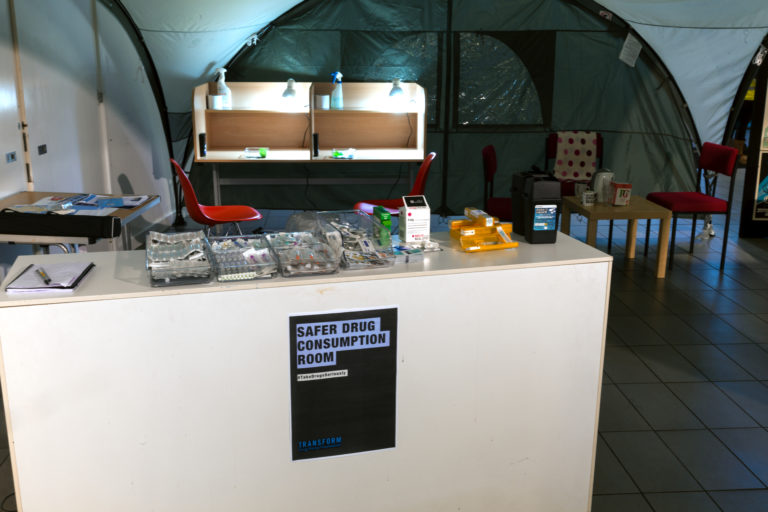
Photos: Noberto Fernandez Soriano
“The day before yesterday, I was in a little park and there was someone about to inject heroin. I went over, he chatted to me, he was really nice, told me his name. I asked if I should come back in a few minutes and see if he was alright and he was really grateful. I went for a wander, then he gave me a wave and I went back to chat to him. He was living in one of the sleep pods, which he said were warm but it was still pretty grim. I said to him, ‘Would you rather be injecting in this dingy dark corner where you could die or actually use a safe consumption room if one was available?’ Guess what he said.”
Martin Powell of Transform Drug Policy Foundation tells me this story while showing me around a mock-up safe consumption room – a medical facility used in more than 10 countries around the world that attempts to prevent overdose deaths by allowing people to take their drugs safely.
The mock up SCR, a simple combination of two booths, safe injection equipment and a breakout area for drug users to talk to staff, was the centrepiece of an event organised by Transform to discuss progressive drug policy, with Bristol City Council due to release a new drugs and alcohol strategy in the summer.
Safe consumption rooms (SCRs) are legal medical facilities where drug users safely take their illegal substances – particularly heroin and crack – with staff on hand if they overdose. They have been found to reduce deaths, make drug use safer, and clean up the streets of public injecting and used needles.
As of December 2018, there were 117 safe consumption rooms around the world.
Users are provided with equipment to inject safely, such as clean water, clean needles and a sharps bin to dispose of the used needle. When they go to a SCR, they also have the chance to talk to drugs workers about how they’re doing, their housing situation, what treatment options there are and how they can inject safely on the streets.
The context of this is record levels of drug-related deaths in the UK. In Bristol, there were 49 drug related deaths in 2017/18 – the highest ever recorded. There are almost 5,000 heroin and crack users in the city and, despite Bristol’s well-regarded treatment services, there are 2,000 people who aren’t getting any help.
In 2018, a feasibility study into whether a SCR could benefit Bristol was commissioned by the council, but it wasn’t published. The study found evidence that an SCR could help reduce Bristol’s high levels of the drug-related harms, particularly among heroin and crack users with complex needs who struggle to engage with current treatment. For context, the study estimated there are 650 people who inject drugs in public in Bristol, 430 on a daily basis.
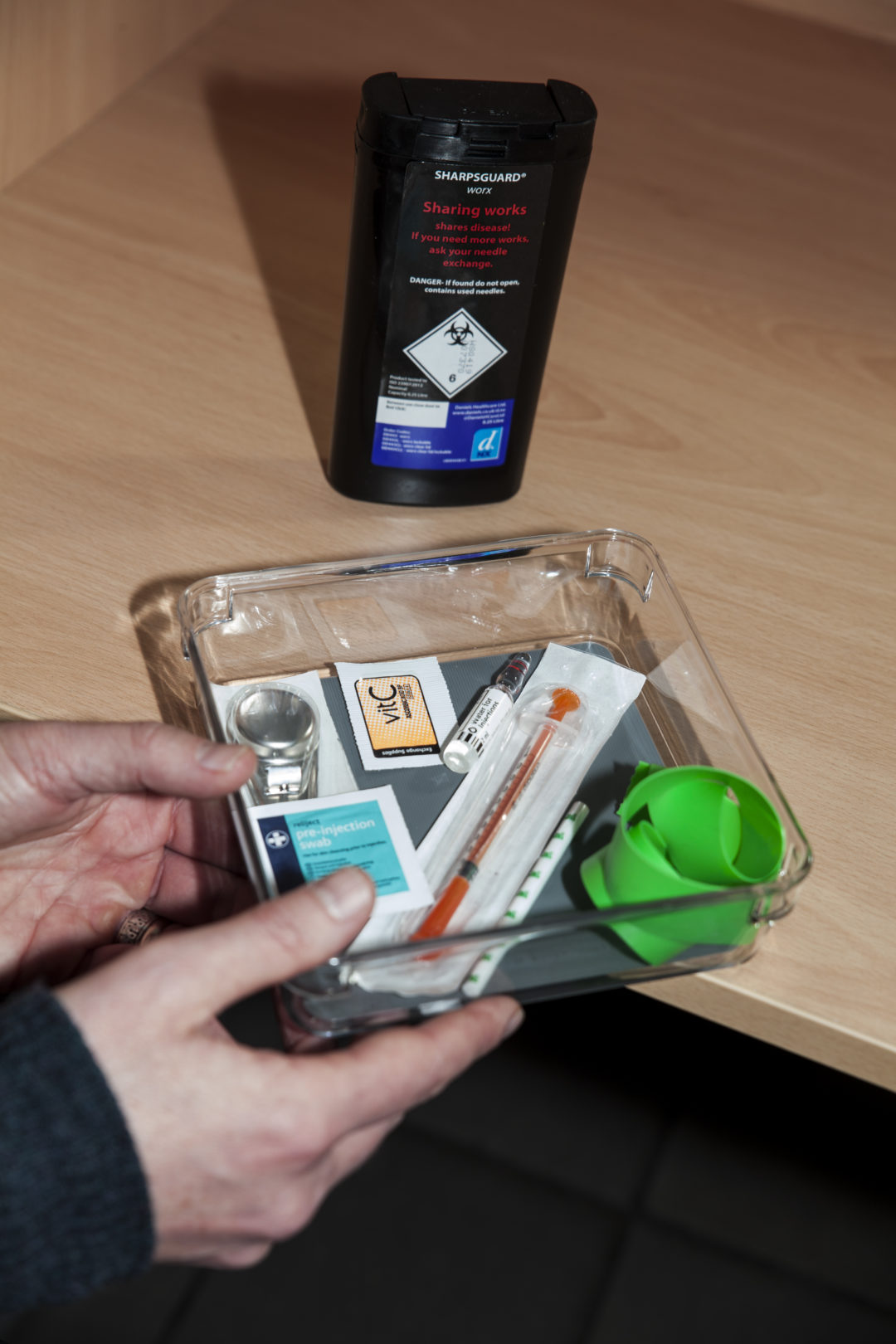
The study recommended calling for central government to allow pilots for SCRs and for a business case to be developed for a SCR in Bristol, including the cost, location and funding options. However, the Cable reported last year that the recommendations hadn’t been taken on.
Speaking before appearing on a panel to discuss drug policy, deputy Mayor Asher Craig told the Cable she would like to see a pilot for a SCR in this year’s new drugs strategy. She also said she supports the idea of heroin assisted treatment (HAT) – an initiative currently being piloted in Middlesbrough where people are prescribed medical grade heroin.
“I personally would like to see [SCR and HAT] pilots in the strategy going forward, most definitely, and that’s because of the evidence,” she said.
“I personally think it would be good for the city because of the high levels of drug use and I want to do everything we can to make it safe and reduce the number of deaths in the city.”
She added, however, that more consultation was needed with the city’s stakeholders, and that the main hurdles were the murky legal situation and tight public health budgets.
Who’s going to pay for it?
“I’m not going to take money from our existing services, because they are effective. A SCR costs an arm and a leg so we need to look at alternative sources, NHS funding, funding via government, police… I know in the West Midlands money from the proceeds of crime helps them deliver their drugs strategy. It has to be a collective effort.”
Currently the Home Office remains opposed, but drug policy experts have suggested local authorities would have the power to open them if there was agreement with police and other stakeholders.
At the event on Thursday, CEO of Bristol Drugs Project (BDP) Maggie Telfer repeated her support for the idea of an SCR. She described it as a “pragmatic, humane response to the reality for some of the most marginalised and stigmatised groups”, adding “there are different models around the world and they don’t have to be really expensive but a fit for our city that can integrate into what already exists.”
Evidence shows SCRs save money in the long run, and Bristol City Council estimated that in 2015 it cost to more than £1 million to treat drug users at the Bristol Royal Infirmary (BRI), but after public health budgets have been cut over the last decade, funding remains a hurdle.
The feasibility study estimated it would cost up to £1 million a year to set up and run a large SCR if Bristol were to follow the Glasgow model, but less funding would be enough to offer safe consumption booths within current drug treatment services, and a mobile unit could cost as little as £250,000. Powell says that drugs charity Kaleidoscope Wales estimated only £50-60,000 a year would be needed to run a pilot SCR with two to three booths.
Bristol’s draft multi-agency Drugs and Alcohol Strategy is expected to be published for public consultation in June or July 2020 – a chance for the city to build on its strong track record of leading the way in progressive drug policy.
Green Party councillor Cleo Lake, who has called for SCRs in the past, told the Cable: “The shift in tone from the administration is encouraging – we’ve been calling for action like this for years. Hopefully it makes it into the drugs policy next summer and we don’t see these proposals quietly shelved like the feasibility study the council produced a couple years ago. Making this a reality, especially in terms of cost, will require a lot of collaboration and long term commitment.
Whether pilots for a SCR or HAT are included or not in the new strategy, the council has set out the ambition of reversing the rising levels of drug-related deaths by 2024, with targets for bigger reductions in future years.
‘A growing interest’

Martin Powell said he was “optimistic” about SCRs being set up in the UK. He told the Cable: “I’m aware of people reaching the point where they’re going to go ahead and do it whether the government says no or not, because that’s what happened in a lot of countries.
“There’s a growing interest among the police and others to talk to the CPS about whether it’s in the public interest to prosecute someone if they open an SCR. We would be hoping where there would be areas where police, treatment and health would talk to the CPS locally to come up with a memorandum of understanding to allow a pilot to go ahead.”
“It won’t be much longer before they do start to explore those other options, where drug deaths are out of control in an area and the police force’s first duty to protect the public.”
“I’m optimistic that Glasgow will get the go ahead for a pilot which at that point other places in the country could start preparing the ground to do something themselves. All the government needs to do is give clear direction that police shouldn’t prosecute, which has happened with other harm reduction measures in the past.”
Powell says early signs are that the new government is more open to allowing SCRs. Last week, it announced a UK-wide drugs summit would be held in Glasgow in February to discuss ways to tackle problematic drug use.
Many supporters of SCRs are looking to Glasgow for progress to be made, but by the summer we will know if Bristol City Council is going to join others in fully backing the idea and working on a business case.

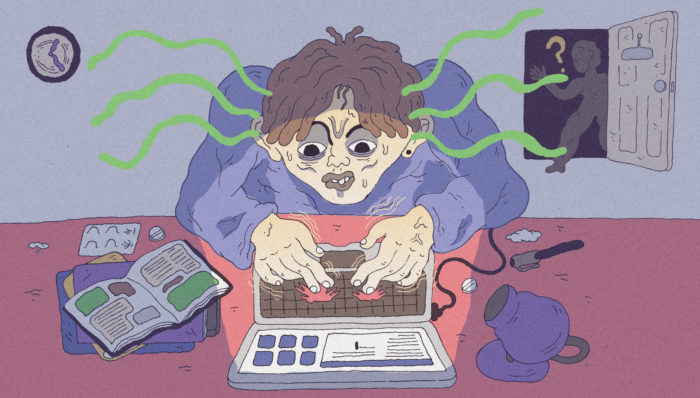
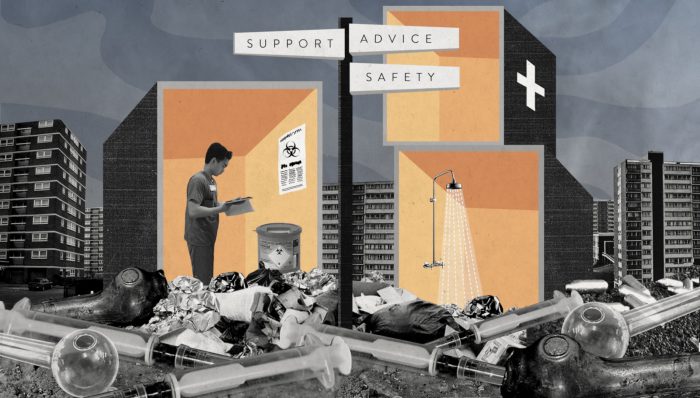

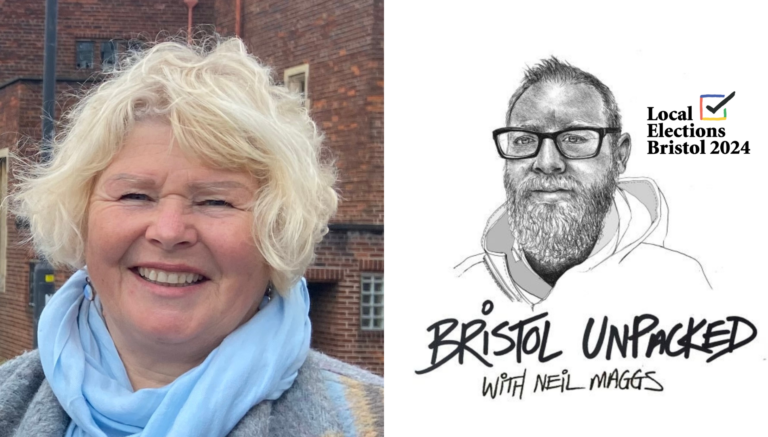


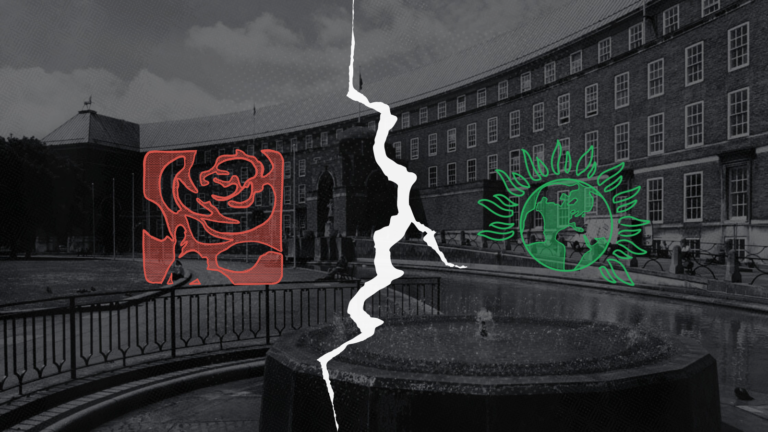
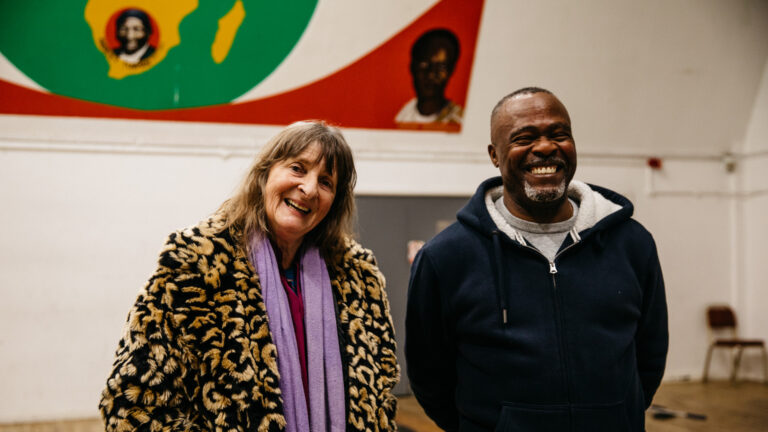
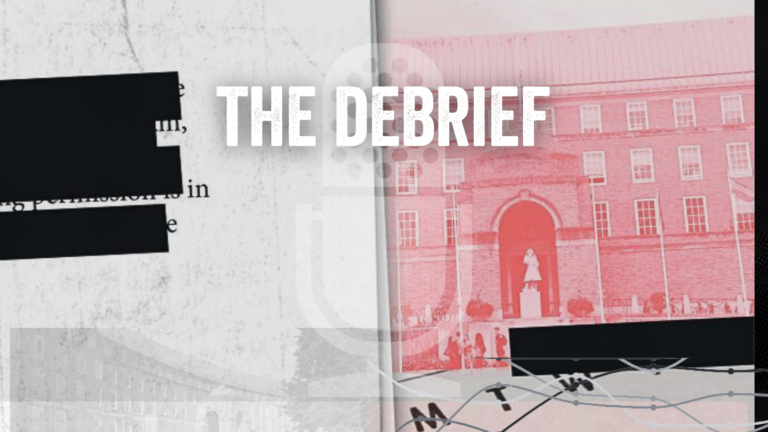


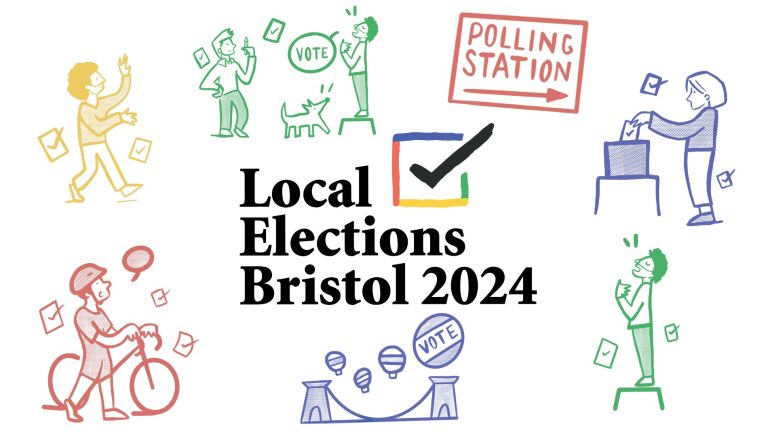
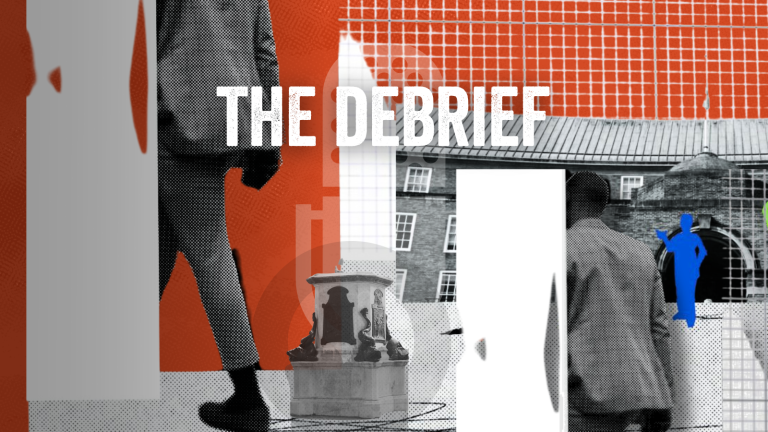

Report a comment. Comments are moderated according to our Comment Policy.
I am pretty sure that a Safe Room is the way to go. Our current policies take no notice of the mental agony which so often propels people in to drugs and alcohol. As it stands we are criminalising people rather than curing them.